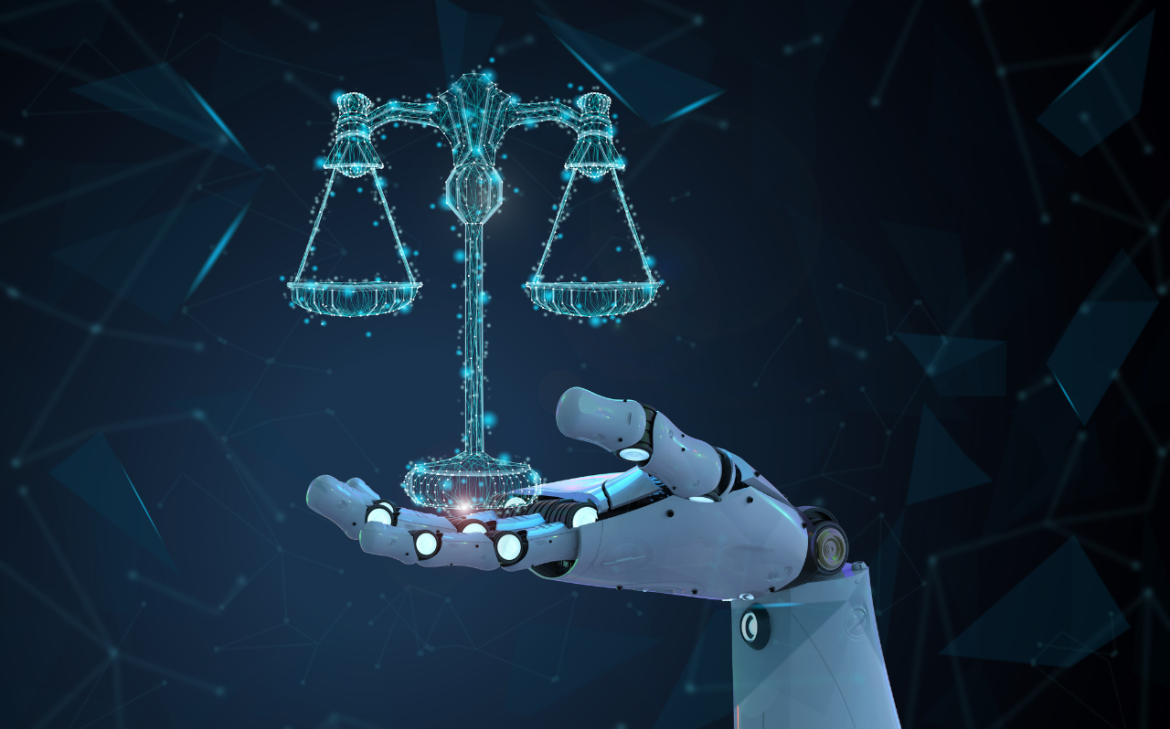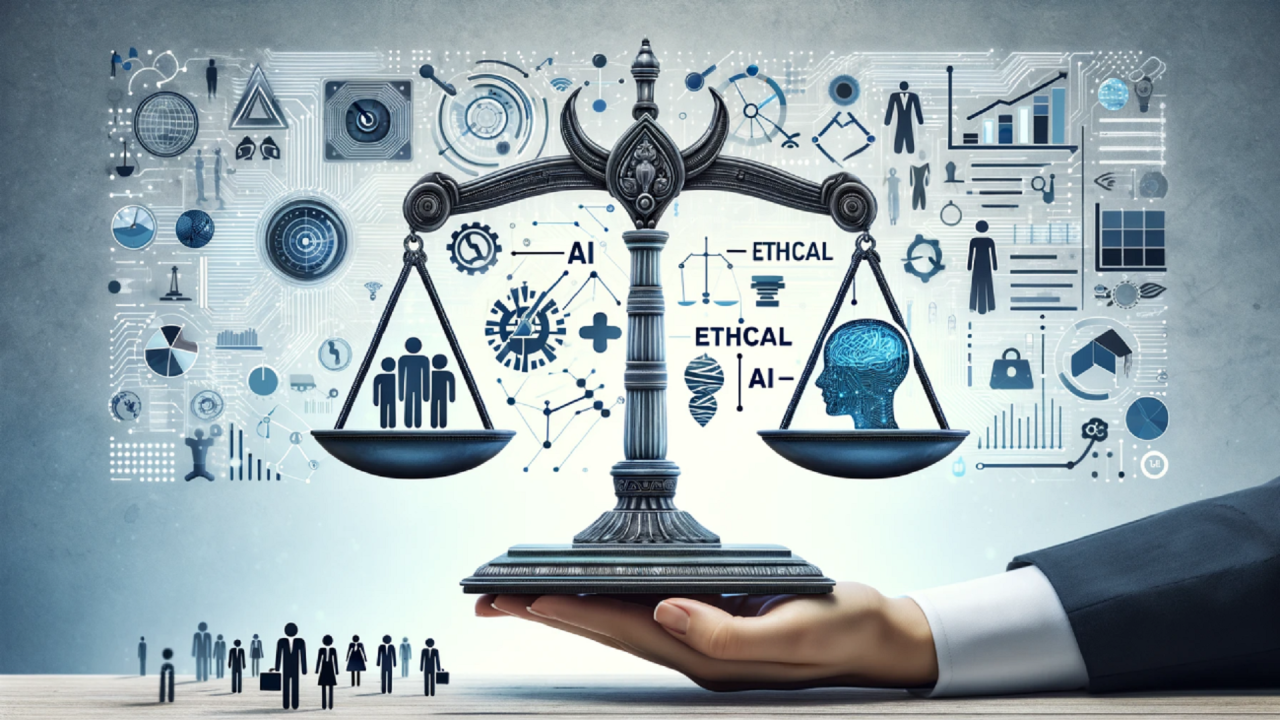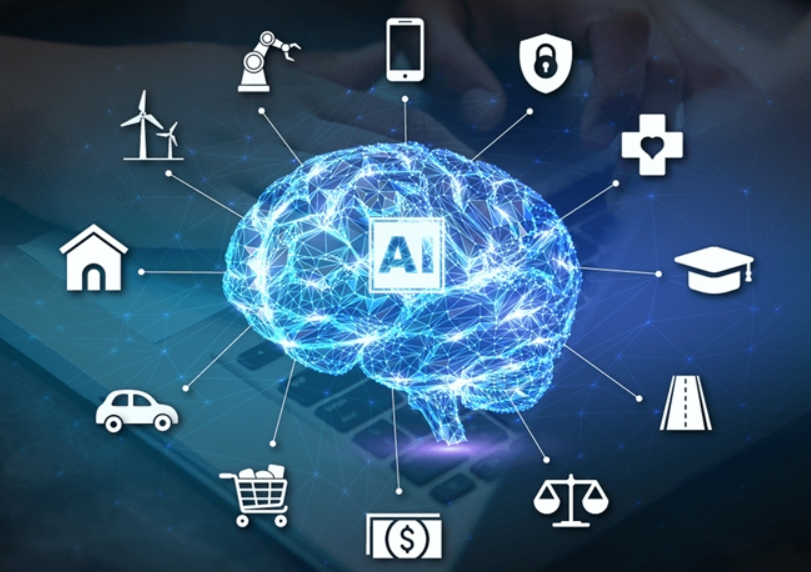Artificial Intelligence (AI) is revolutionizing the legal industry, reshaping how legal services are delivered, analyzed, and managed. As AI becomes more sophisticated, it introduces new trends that are transforming traditional legal practices and creating opportunities for greater efficiency, accuracy, and accessibility.
What Are the Emerging Trends in AI in Law?
AI in law refers to the use of intelligent algorithms, machine learning, and natural language processing (NLP) to automate legal processes, analyze vast amounts of data, and assist in decision-making. The legal profession is increasingly adopting AI to streamline workflows and improve client outcomes.
Key Trends in AI and Law
AI-Powered Legal Research
AI tools can rapidly analyze legal documents, case laws, and statutes, drastically reducing research time. Platforms like Westlaw Edge and Lexis+ use AI to provide precise, context-aware search results, helping legal professionals build stronger cases efficiently.
Predictive Analytics
AI can assess past case outcomes, judge rulings, and litigation trends to predict the potential success of future cases. This assists lawyers and clients in making informed decisions about settlements, trial strategies, and risk management.
Contract Review and Automation
AI-driven software can quickly review, draft, and analyze contracts, identifying potential risks, missing clauses, or non-compliance issues. Tools like Kira Systems and Luminance help law firms process large volumes of contracts with greater accuracy and speed.
Virtual Legal Assistants
AI-powered chatbots and virtual assistants can handle routine client queries, appointment scheduling, and basic document preparation. This improves client engagement while allowing legal professionals to focus on more complex tasks.
Document Generation
Automated document assembly tools can generate standard legal forms and agreements using AI templates, reducing manual effort and minimizing the chance of human error.
AI in Legal Analytics
Law firms and corporate legal departments are using AI to track billing patterns, measure case performance, and optimize resource allocation. Legal analytics provides valuable insights into operational efficiency and client service trends.
E-Discovery and Data Analysis
AI plays a critical role in electronic discovery by sorting, categorizing, and analyzing vast amounts of digital evidence. AI-powered e-discovery tools help identify relevant information faster and more accurately during litigation.
Challenges and Considerations
While AI offers significant advantages, it also presents unique challenges:
- Ethical and Bias Concerns: AI algorithms may unintentionally reinforce biases present in training data, potentially impacting fairness and justice.
- Data Privacy: Handling sensitive client information through AI systems raises security and confidentiality concerns.
- Regulatory Uncertainty: The use of AI in legal decision-making is still evolving, with unclear regulatory guidelines in many jurisdictions.
- Human Oversight: AI should support, not replace, the expertise and ethical judgment of legal professionals.
Conclusion
AI is reshaping the legal landscape by making processes faster, smarter, and more accessible. From predictive analytics to contract automation, these trends are streamlining legal services while introducing new ethical, regulatory, and practical challenges. As the legal industry continues to integrate AI, maintaining a careful balance between technology and human expertise will be essential for upholding justice and professional integrity.







Leave feedback about this